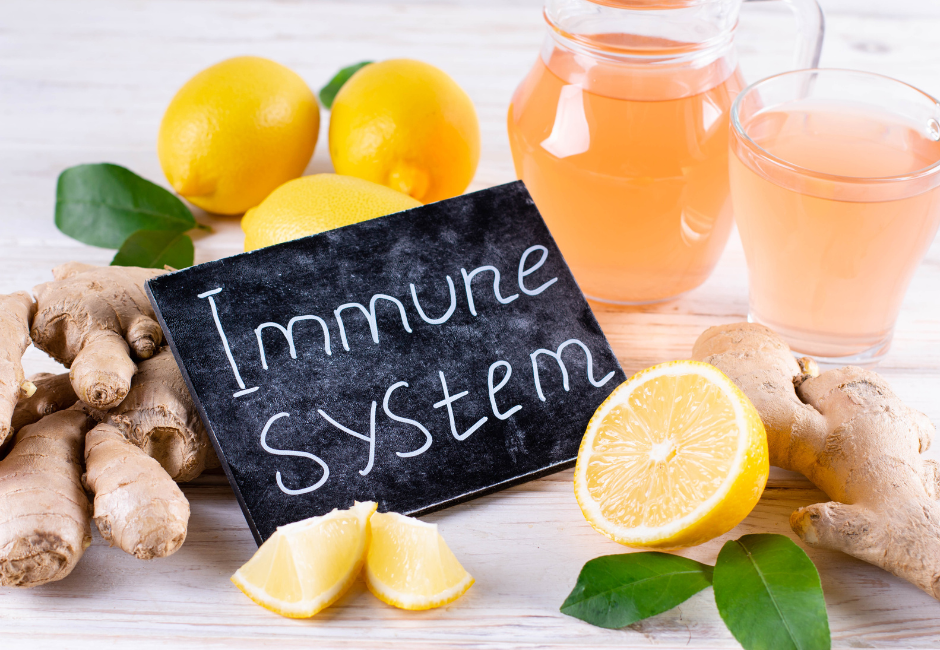
As a parent, nothing is more important than your baby’s health and well-being. Providing the best immune support for kids through a mix of natural methods and lifestyle changes can make a big difference. Let me share what I’ve learned, along with some tips that have worked for both me and other parents.
Why is Boosting Baby’s Immunity Important?
Babies are born with an immature immune system, which means they need extra help to stay healthy in those first few months. When you boost baby immunity, you’re giving their body the support it needs to fight off infections and develop strong defenses for the future. A healthy immune system will also support your baby’s growth and development as they explore the world around them.
Top 10 Best Immune Support for Kids
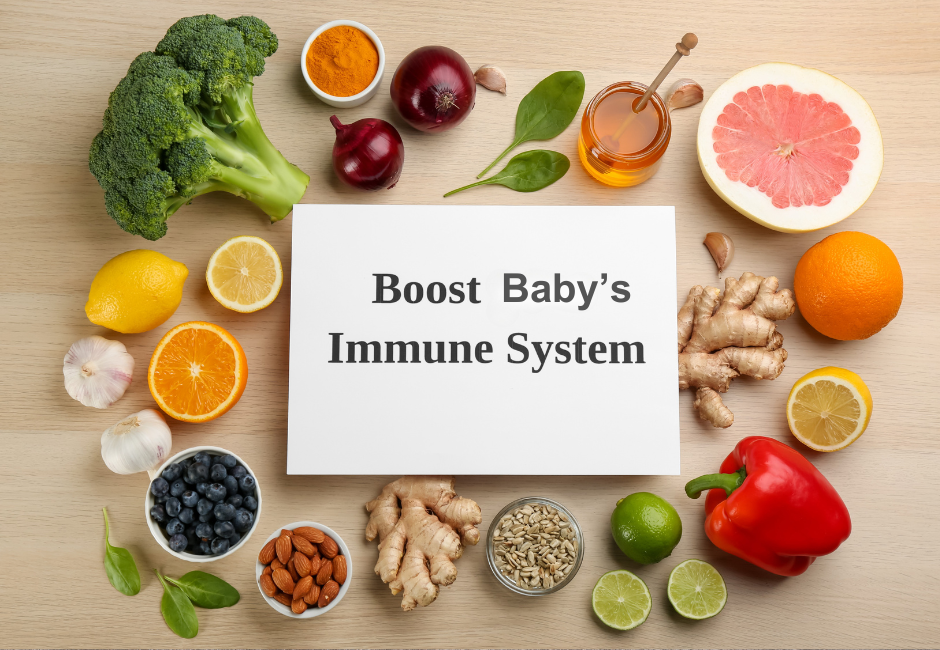
1. Breastfeeding: Nature’s Best Immunity Booster for Babies
If you’re able to breastfeed, this is one of the best ways to boost baby immunity. Breast milk contains essential nutrients, antibodies, and other immune-boosting components that help protect your baby from infections. It’s also easy to digest and can provide comfort during stressful times like when your baby is sick. I remember breastfeeding my own baby, and I truly felt like I was helping strengthen their little body with each feeding.
If breastfeeding isn’t an option for you, consider consulting your pediatrician about the best formula options that can support your baby’s immunity.
2. Keep Up with Vaccinations
While breastfeeding and natural immunity are essential, vaccines are also a crucial step in boosting baby immunity. Vaccines are designed to help protect your baby from serious illnesses by teaching their immune system to recognize and fight off harmful bacteria and viruses. Be sure to stay on top of your baby’s vaccination schedule and talk to your pediatrician if you have any concerns.
3. Introduce Nutrient-Rich Foods to Boost Baby’s Immunity
As your baby begins eating solids, introducing a variety of fruits and vegetables is a great way to help increase baby immunity. Foods rich in vitamins A, C, and E, as well as zinc, can support immune health. For example, pureed carrots, sweet potatoes, and spinach are all excellent choices. It’s amazing to see how quickly babies adjust to different tastes, and I’ve noticed that when my little one eats a range of healthy foods, they seem less prone to getting sick.
Speaking of nutrient-rich foods, don’t forget about the importance of iron! Iron plays a crucial role in supporting your baby’s immune system and overall growth. If you’re looking for more ideas on iron-rich foods for your little one, check out my article on Iron-Rich Foods for Babies. You’ll find plenty of tasty and easy options to incorporate into their diet.
4. Probiotics for a Healthy Gut
The gut is a key player in your baby’s immune system, so introducing probiotics into their diet can help boost baby immunity. Probiotics are beneficial bacteria that help keep the gut healthy and support overall immune function. You can talk to your pediatrician about adding probiotic-rich foods like yogurt or specialized supplements that are safe for babies.
5. Ensure Plenty of Sleep
Sleep is a game-changer when it comes to immunity. A well-rested baby has a better chance of fighting off illnesses. Babies need more sleep than we might realize, especially in their first few months. When my baby was going through growth spurts, I found that extra naps were not only helpful for their mood but also contributed to better health.
6. Keep Baby Active
While it may sound surprising, physical activity—even for a baby—can help boost immunity. Tummy time, playtime, and even just encouraging movement help stimulate your baby’s muscles and immune system. My baby loves tummy time, and I can tell it’s not only building strength but also contributing to overall health.
7. Avoid Exposure to Germs and Protect Baby’s Immunity
As much as we want our babies to build immunity, it’s also important to minimize exposure to unnecessary germs. Try to avoid crowded places during cold and flu season, and make sure anyone who handles your baby washes their hands. My rule has always been to keep hand sanitizer on hand and gently remind family and friends to wash their hands before cuddling with my little one.
8. Keep Stress Low for Baby
Stress can weaken the immune system, so it’s important to create a calm, nurturing environment for your baby. When I noticed my baby was feeling overwhelmed or fussy, I would create a quiet space with soft music or comforting touch to help them relax. Stress management techniques for you, as a parent, are just as important to help reduce any anxiety or tension in your home.
9. Get Outside Daily
Fresh air and sunlight are great for boosting immunity. Vitamin D from the sun helps the body fight infections. Just remember to protect your baby’s delicate skin with sunscreen or shade.
10. Avoid Overuse of Antibiotics to Help Boost Baby’s Immunity
While antibiotics are sometimes necessary, overusing them can weaken your baby’s immune system. Always consult your pediatrician before giving any medication.
Increasing baby immunity doesn’t require drastic changes—it’s all about making small, consistent efforts to provide your little one with the right nutrition, care, and environment. Every baby is different, so some of these tips might work better for your baby than others.
Immunity Boosting Foods for Kids
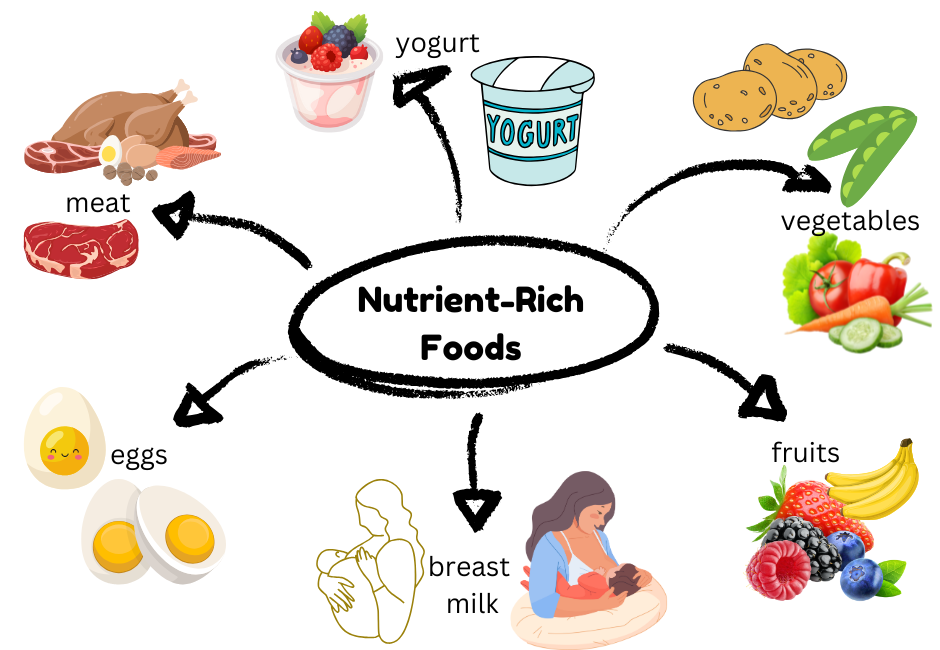
To help boost your baby’s immune system, focus on introducing nutrient-rich foods that support overall health. Start with breast milk, as it’s packed with antibodies and nutrients that naturally strengthen immunity. As your baby begins eating solids, include fruits and vegetables rich in vitamins A, C, and E, like sweet potatoes, carrots, spinach, and berries. These vitamins are known to help fight off infections and keep the immune system strong. Yogurt and other probiotic-rich foods can also be beneficial, as they support gut health, which plays a key role in immunity. Eggs, lean meats, and legumes provide essential zinc and iron, both of which are important for developing a strong immune system. By offering a balanced mix of these foods, you can provide a great immune support for your kids and give your baby the best chance at staying healthy and strong as they grow. Remember, these early years of development are so important, and with a little care and attention, you can help your baby grow stronger and healthier every day.
I’d love to hear your thoughts on what has worked for you in boosting your baby’s immunity—please leave a comment below and share your experience!
Related Articles You Might Enjoy:
If you’re interested in learning more about how to support your baby’s growth and health, check out these articles:
- First Vegetables for Your Baby: Learn which vegetables are best to introduce to your baby and how to prepare them for a healthy start.
- First Fruits for Your Baby: Discover the best fruits to begin feeding your little one and how they support your baby’s nutrition.
- Iron-Rich Foods for Babies: Explore essential iron-rich foods that help promote healthy development in your baby.
- Brain Development Foods for Babies: Find out which foods can boost your baby’s brain development and cognitive growth.
Feel free to click on these links to explore each topic and help give your baby the best start possible!
Frequently Asked Questions (FAQ)
Q: Can I boost my baby’s immunity with supplements?
A: Before introducing any supplements, it’s best to consult your pediatrician. While some vitamins and probiotics may support immunity, your baby’s diet and overall care are the most important factors in building strong immunity.
Q: How long should I breastfeed to boost my baby’s immunity?
A: The American Academy of Pediatrics recommends exclusive breastfeeding for the first 6 months. After that, continuing breastfeeding along with solid foods can offer continued immune support.
Q: What are some signs my baby’s immune system is not strong?
A: If your baby is frequently sick, has trouble recovering, or seems sluggish, it’s a good idea to check with your pediatrician to ensure their immune system is functioning properly.
Q: How can I tell if my baby is getting enough sleep for their immune system?
A: Babies need around 14-17 hours of sleep per day in their first few months, and slightly less as they grow older. Signs of sufficient sleep include good mood, alertness during awake times, and healthy growth.



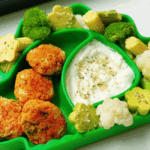









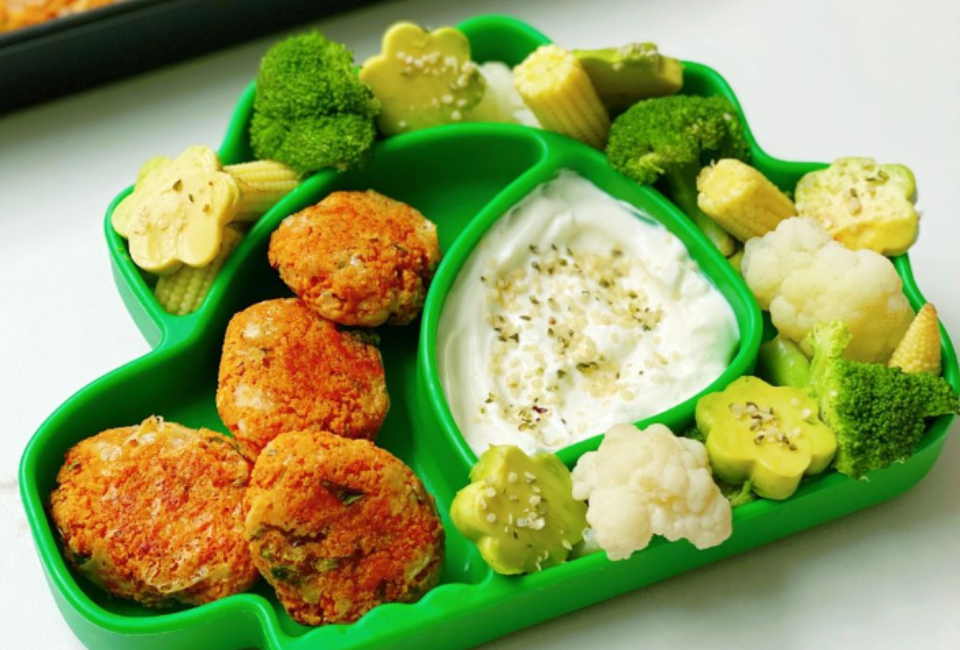
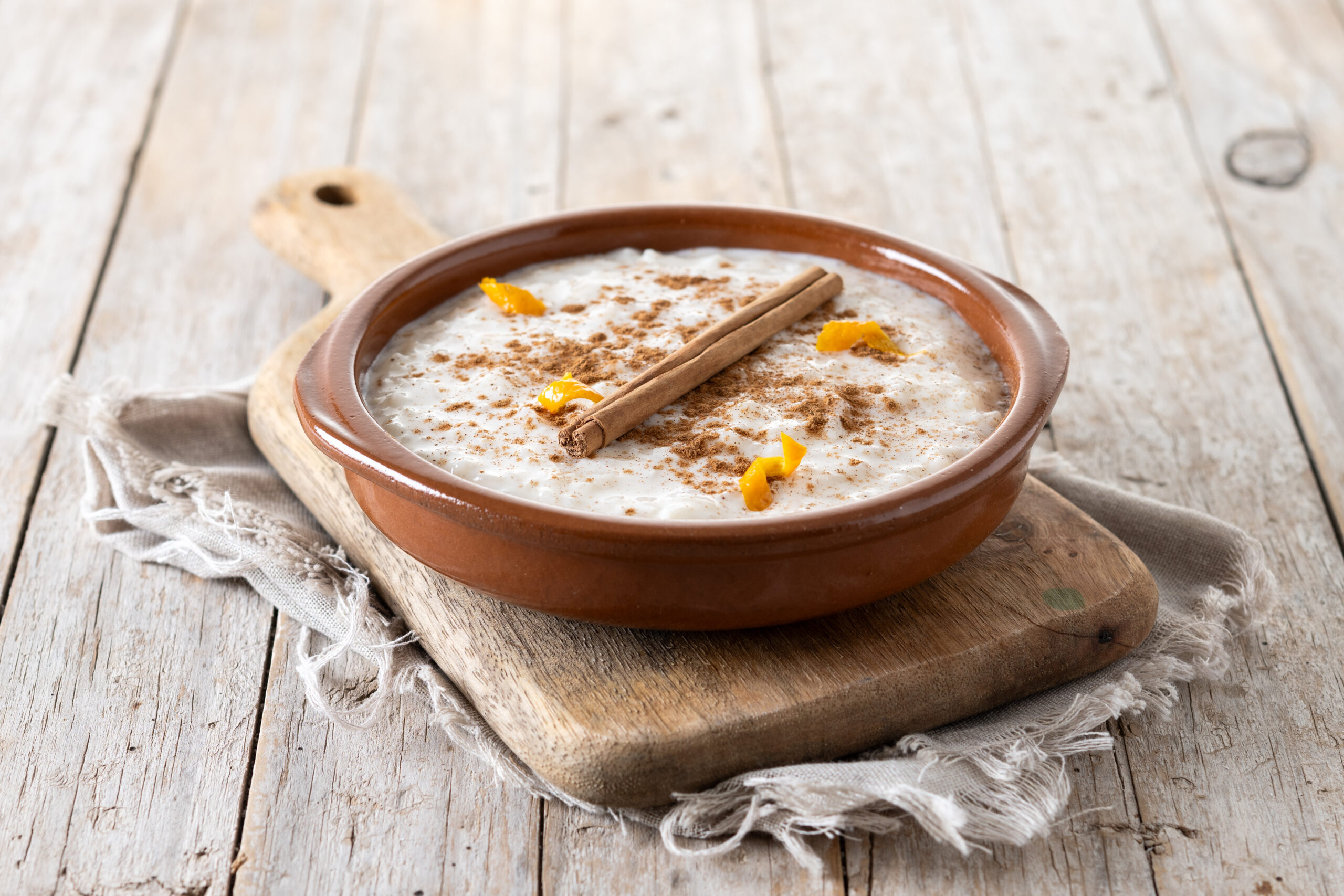
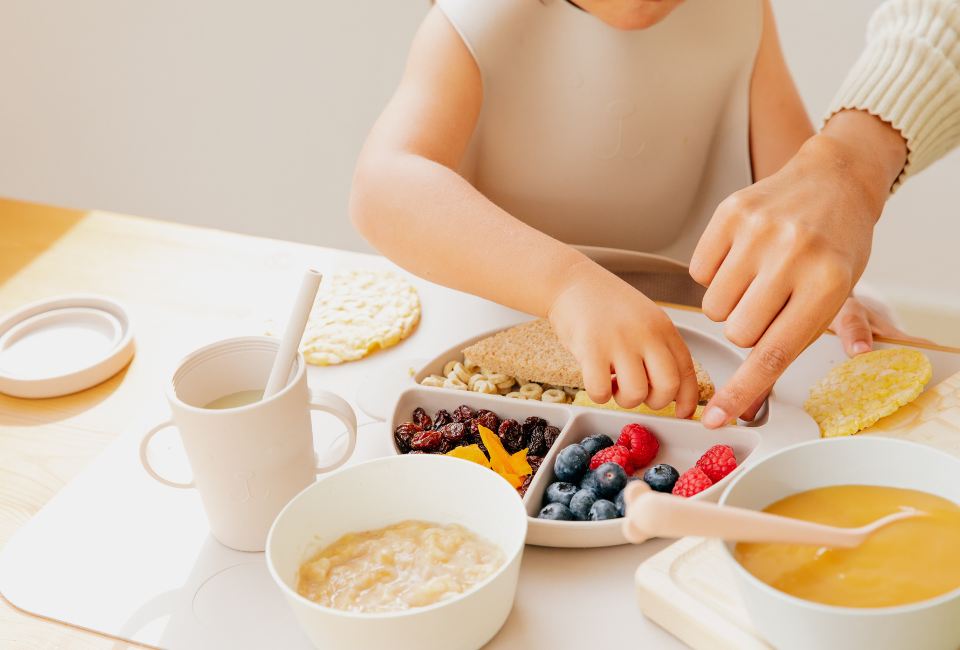
Leave a Reply